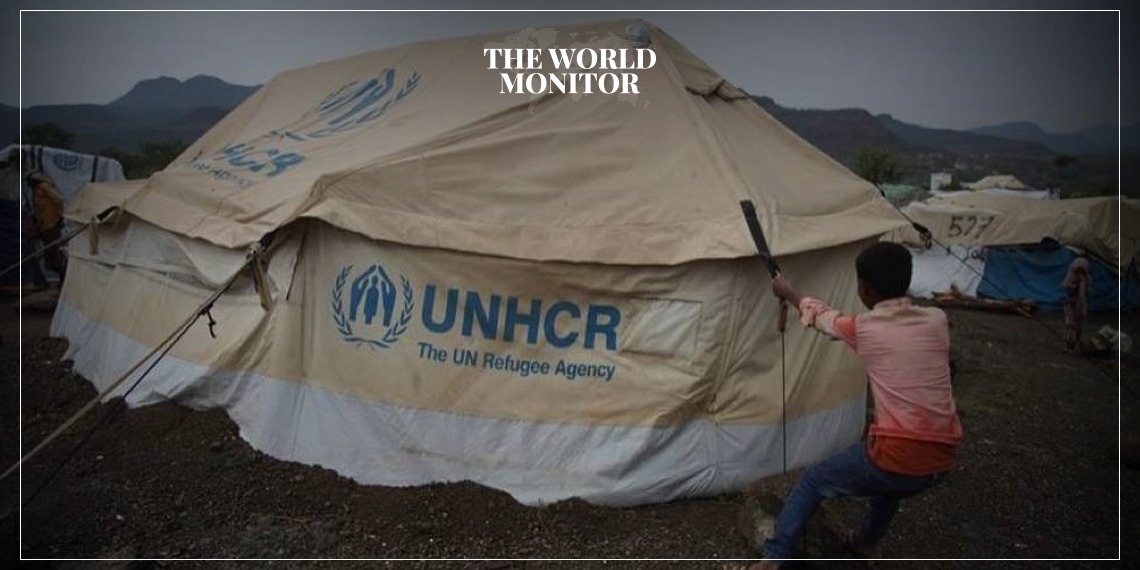The United Nations High Commissioner for Refugees (UNHCR) did not provide winter aid to refugees in the Middle East and North Africa region, including Jordan, due to a funding shortfall faced by the UN agency.
In a report, UNHCR announced that it would not be providing support for the current winter season of 2023/2024, including cash and basic relief aid, which was previously offered to vulnerable refugees and displaced individuals to better cope with harsh weather conditions in Egypt, Iraq, Jordan, and Lebanon—countries collectively hosting over 2.3 million registered refugees and asylum seekers.
Despite receiving more than 60,000 pieces of winter clothing from a clothing company, distributed to refugees and vulnerable Jordanians throughout Jordan in the last quarter of 2023, the agency fell short of its target.
Last winter (2022/2023), UNHCR appealed for $250 million for winter aid but only received $103.2 million, accounting for 41% of the required amount.
Consequently, UNHCR could not provide any winter aid in Egypt and reached less than 2.6 million Syrian, Iraqi, and other nationals (77% of the total target) by March 31, 2023, a significant decrease from the 3.1 million people reached in the 2021-2022 winter response.
In Jordan, by the end of 2022, UNHCR had provided more than 116,500 refugee families inside and outside camps (about 473,600 individuals) with winter cash assistance targeting the most vulnerable households to cover their basic needs, which increase during the winter months.
Families receiving regular assistance for basic needs and those living in camps received a ‘reduced’ package of 70 Jordanian Dinars per family (approximately $98), while families not benefiting from cash assistance and at severe risk received 95 Jordanian Dinars (about $138).
UNHCR’s winter strategy focuses on three areas: providing seasonal cash assistance to vulnerable families to meet additional needs during winter, supplying winter-specific basic relief items like blankets and winter clothes, and securing water-resistant winter-appropriate shelter, along with improving drainage systems and other infrastructure in camps and informal settlements in preparation for winter.
Amid dwindling funding, UNHCR announced a reduction in cash support for refugees outside of camps starting next May due to decreased donor support.
The agency mentioned that it had not received sufficient funding from donors to continue the current cash assistance program, forcing it to reduce the cash assistance value from May 2024, after Ramadan, to support as many needy refugee families as possible.
Refugee families outside camps will receive 25% less cash assistance monthly than before, according to UNHCR, which committed to continuing support for the most vulnerable groups.
Jordan hosts 55,329 registered Iraqi refugees and over 1.3 million Syrians since the start of the Syrian crisis in 2011, including 642,888 Syrian refugees registered with UNHCR.
As of February 18, UNHCR says it has 717,466 registered refugees of all nationalities except Palestinian refugees, who fall under UNRWA’s mandate.






